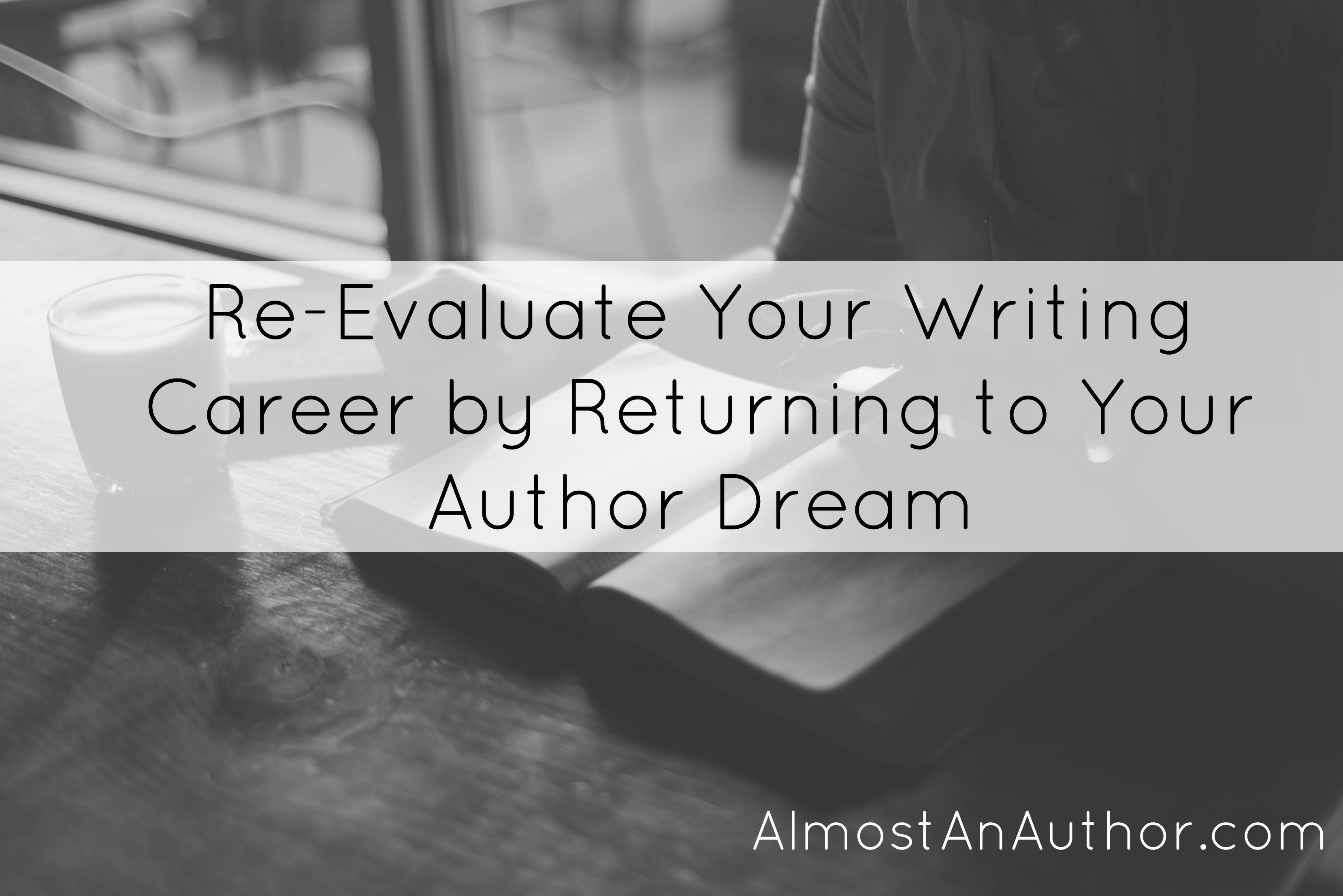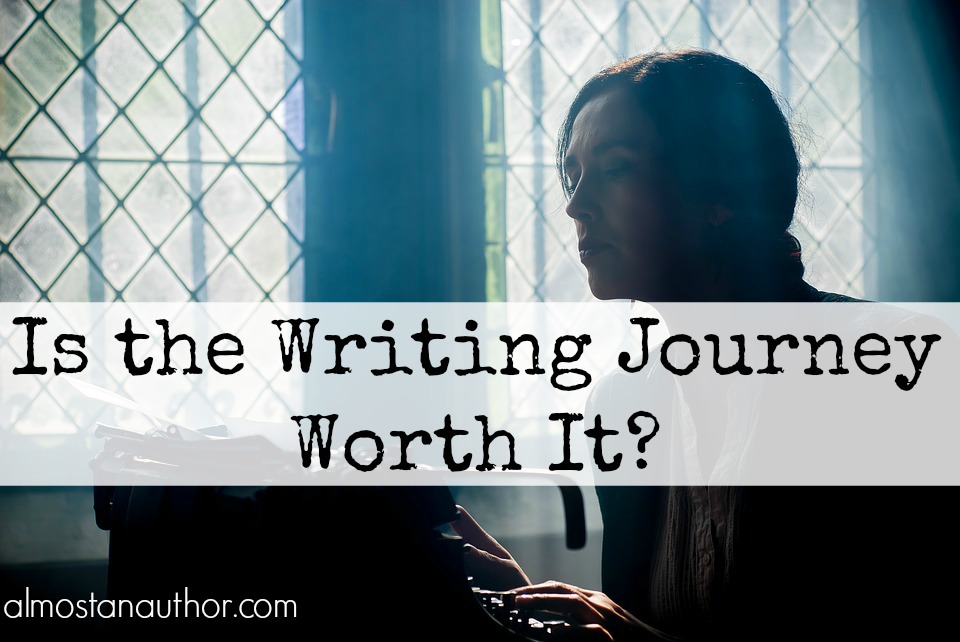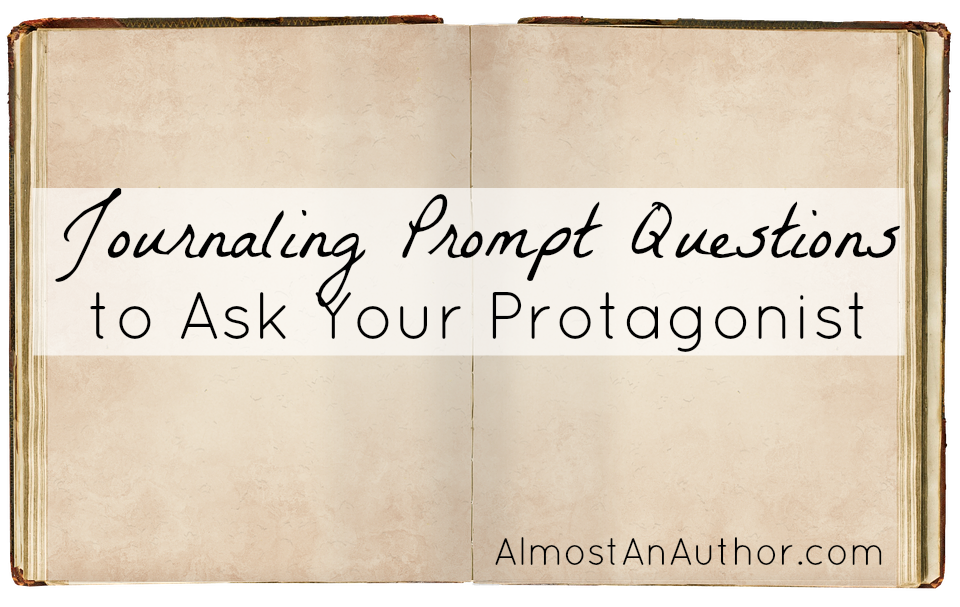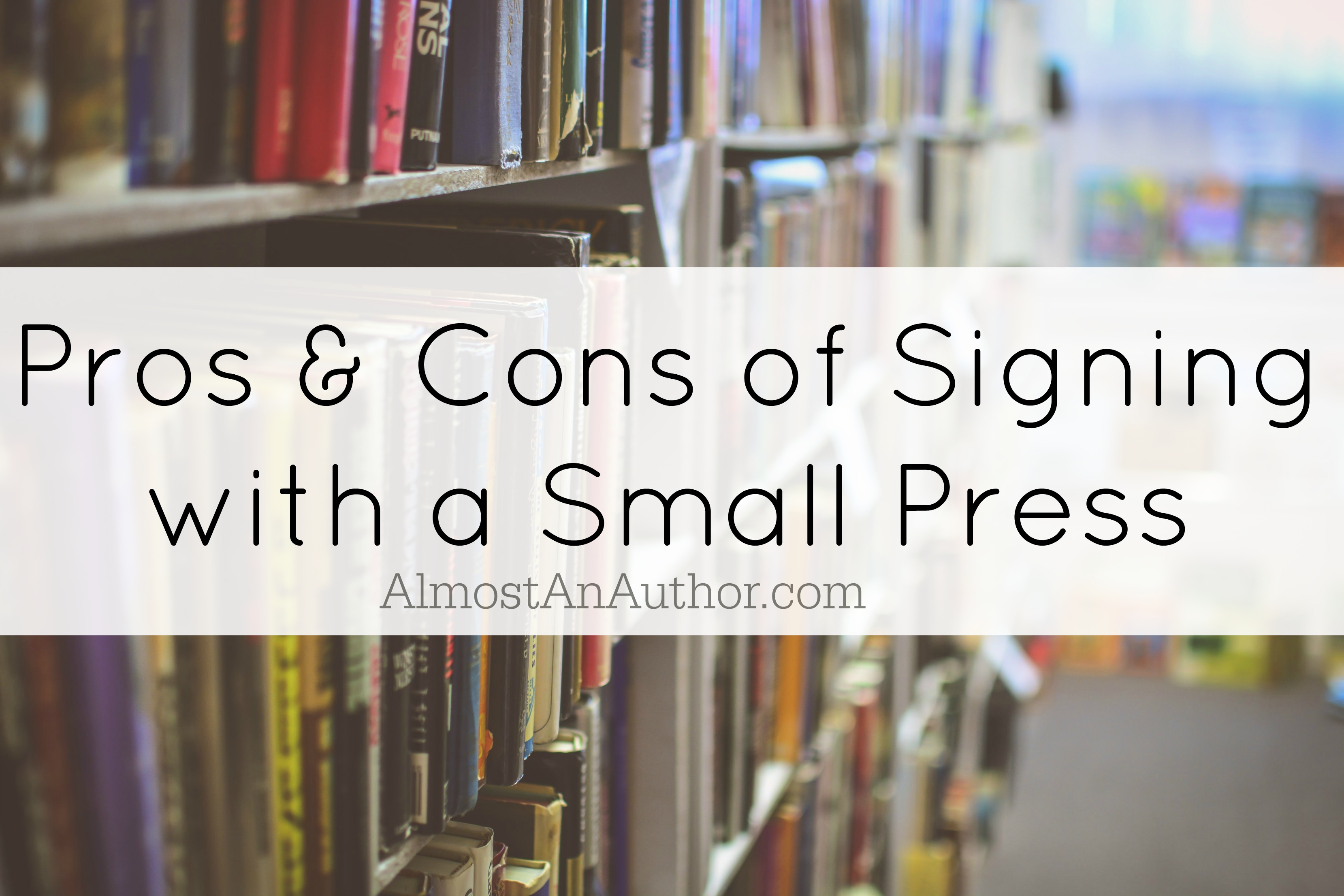
The Writer’s Palette: How to Write Concise Description to Liven Your Scenes
As writers, we have the power to tear down the boundaries of paper and ink when we craft a…
February 8, 2017
As writers, we have the power to tear down the boundaries of paper and ink when we craft a…
February 8, 2017
Almost every aspiring author dreams of what their life as a published author will look like some day: Multiple…
January 8, 2017
When I was a fifteen-year-old aspiring author, I emailed a bestselling author asking for writing advice. What she told…
December 8, 2016
Sometimes, we writers can become so focused on writing an enticing, hard-to-put-down plot that we neglect one of the…
November 8, 2016
The writing journey is not a smooth, easy ride. There will be setbacks, failures, doubts, and frustrations along the…
November 8, 2016
Have you ever tried to tell your friends about an experience you had, but they didn’t give you the…
October 9, 2016
I was sixteen when I attended my first writing conference. My goal wasn’t to find a publisher; in fact,…
September 9, 2016
Once you’ve chosen the setting of your book—which we discussed in Part 1 of this series—it’s important to spend…
July 21, 2016
Setting is far more than the backdrop of a novel. It’s the environment that breathes life into a story. It…
June 19, 2016
Savannah asked, “Do you have any tips for people who are new to blogging or would like to start?”…
April 12, 2016
For most writers, our passion to write was birthed from a passion to read. We grew up immersed in…
March 10, 2016
“Does building a platform really increase chances of publication?” This is a question many beginning authors ask when they…
February 19, 2016
[bctt tweet=”5 Reasons Teens SHOULDN’T Pursue a Writing Career #teenwriters #writingtips”] When I was 14, I emailed a best-selling…
January 14, 2016
[bctt tweet=”How to Set Writing Goals and Finish Your Book #writingtips @tessaemilyhall “] As a teen, you have…
December 29, 2015
[bctt tweet=”5 Ways #TeenWriters Can Gain Experience & Increase Chances of Publication @tessaemilyhall #amwriting”] A degree in creative writing…
November 2, 2015
[bctt tweet=”#TeenWriters: To avoid weak writing, check your book for these common mistakes #writingtips@tessaemilyhall “] Teen writers: You’re entering an…
October 9, 2015
Although I don’t believe every teen writer should strive for publication, let’s face it: More and more teen authors…
September 2, 2015
Thanks to my past teen self, I will never run out of book ideas. I spent those years writing pages…
August 25, 2015
Whenever someone asks if I have advice for teen writers, I tell them three things: Read, research, and write.…
July 2, 2015
“I’m a teen writer. How can I become published?” This is a question I’ve been asked countless times. I,…
June 18, 2015